Advanced Data Backup Considerations
In a home environment, many people neglect to backup their files and systems, and are then devastated when their computer fails taking all their precious files they’ve been collecting with it. Some people do backups, only to realise too late that the backups haven’t been working properly so when they’re needed they either contain data that is out of date, or in some cases, no data at all. If you’re really unlucky, you may find that the hard drive you’ve been using to backup your files onto is also damaged, or so neglected it doesn’t work. So how can you safeguard your files to make absolutely sure you are covered?
One solution is to have more than one backup disk. The more disks you have, the better protected you’ll be. With portable disk drives so cheap and easily available, it’s possible to have one backup disk for every day of the week. Label them up with that days Monday through to Sunday, and do a full backup onto each of them. After that, you can do an incremental backup each day, and you’ll effectively have seven backups of your hard-drive. So if one backup fails, you have six more to rely on. The chances of even two of your backups failing are remote, let alone seven. In fact, the odds of that happening are astronomical.
However, have you considered what would happen if your house were broken into or you suffer some kind of damage such as a fire? In these situations you could easily lose your computer and all your backups at the same time. In many cases, the data you own is much more valuable than the hardware, so you should make a plan to keep the data safe at all times. The best way to do this is to have a copy of your data offsite. If you work in an office, you could consider taking a backup disk to work with you. A simple rotation system would mean that you have a copy of your most recent data kept in your desk draw at work. You take a new disk with you one day, and bring home the old one. The chances of both your home and your office burning down or being broken into at the same time is just as remote as all your backups being damages. In addition, you’ll usually have a disk with you in transit, so at any one time you’ll actually have your data in three different places.
Other options include backing up your data to an online service. This can be just as costly as buying disks, and depending on the amount of data could take a very long time to upload and download, especially if you have movie files you want to protect.
You’ll also want to consider using encryption on your disks if you’re leaving personal data on your backups, especially in an unattended office overnight. There are many free programs such as Truecrypt that you can use to encrypt your data backups on the fly, to automatically protect your data.
Advertisement
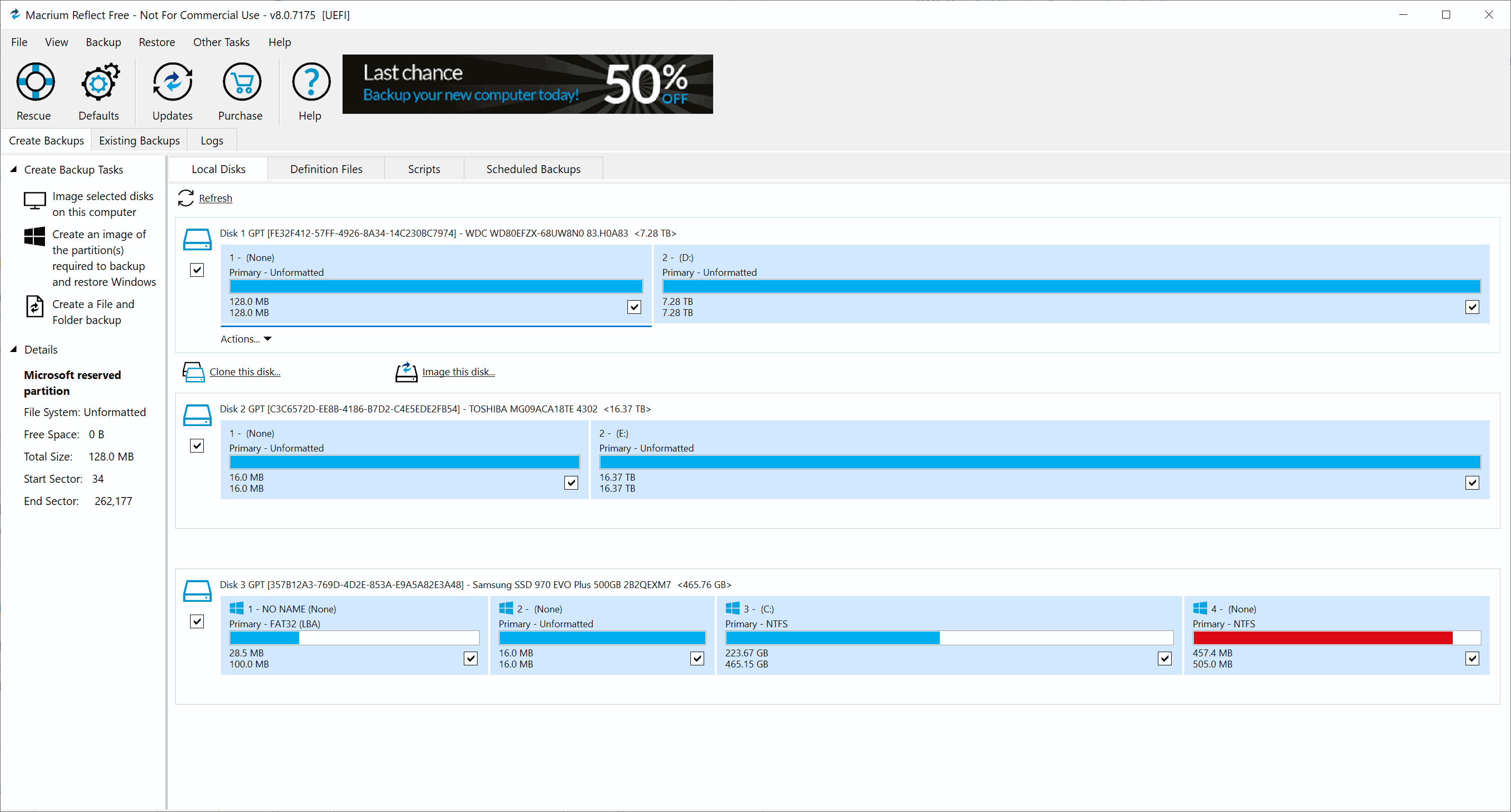
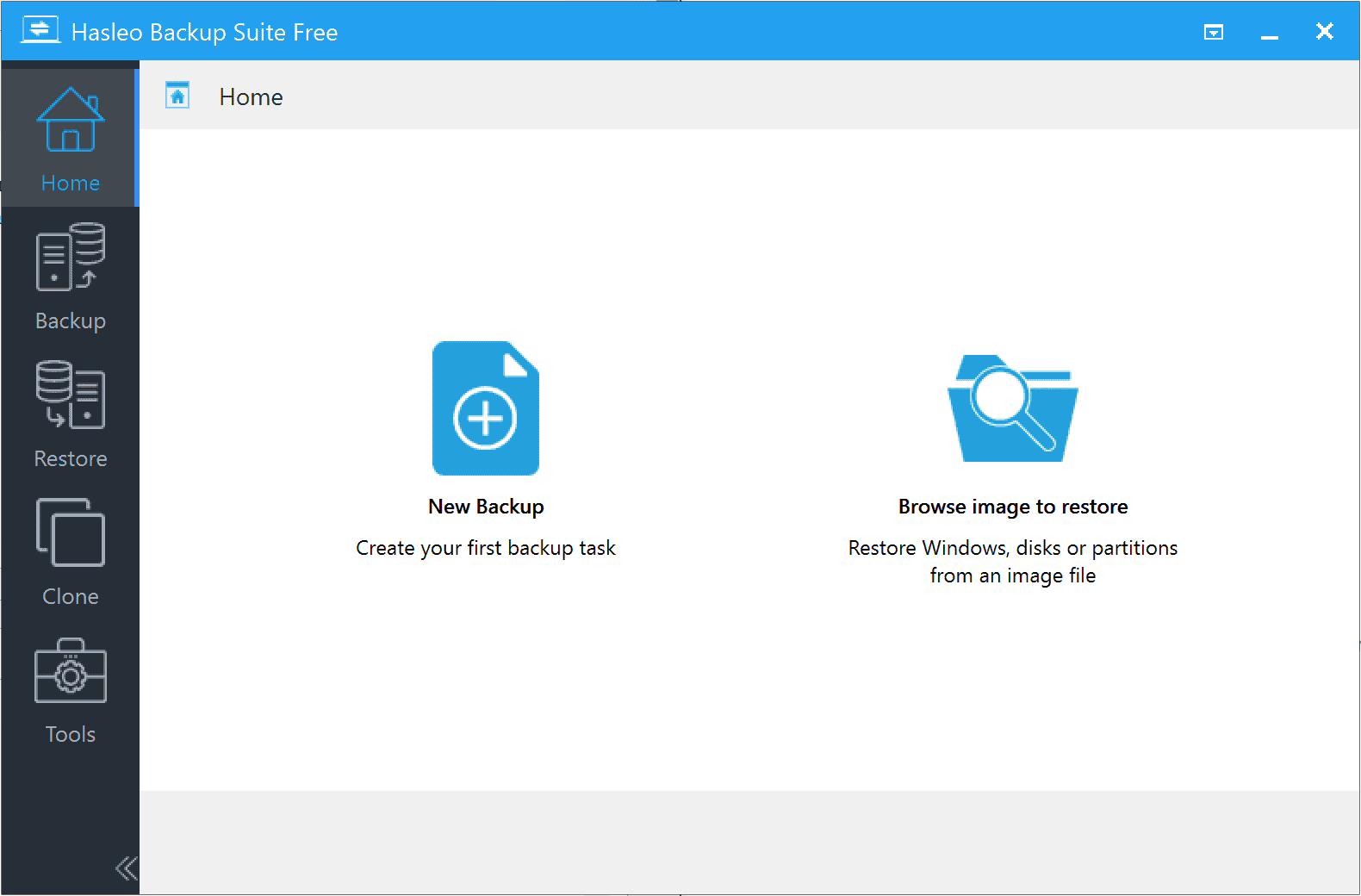
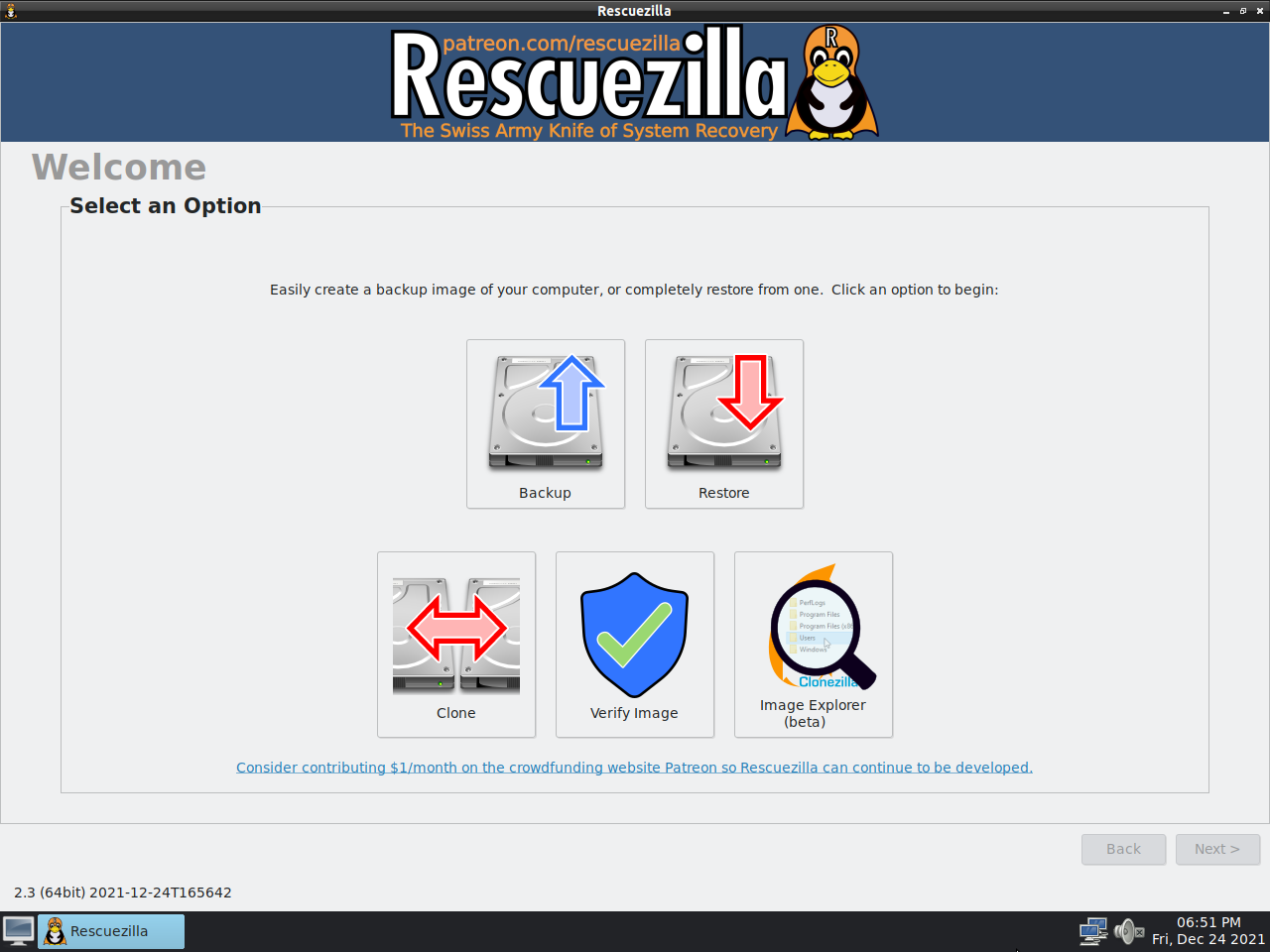
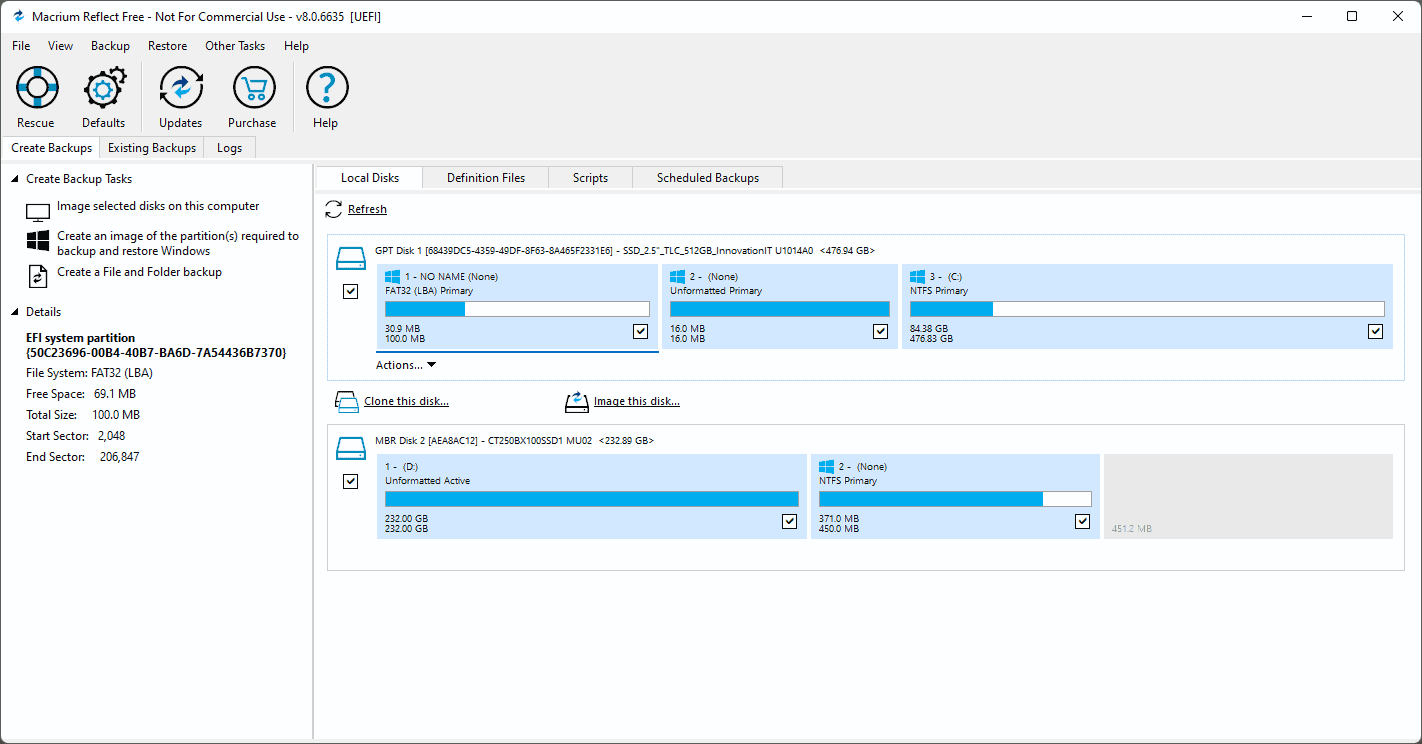
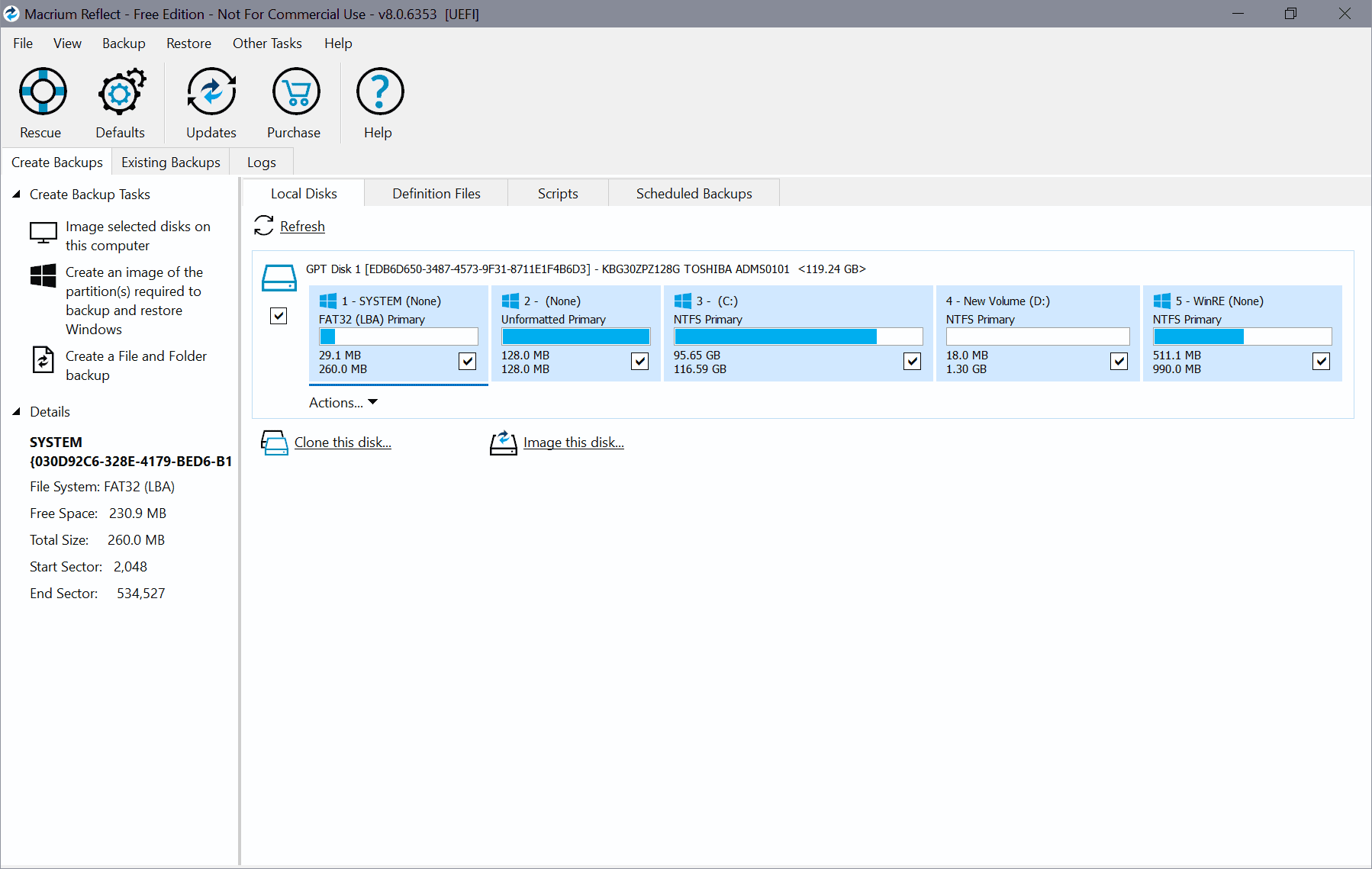
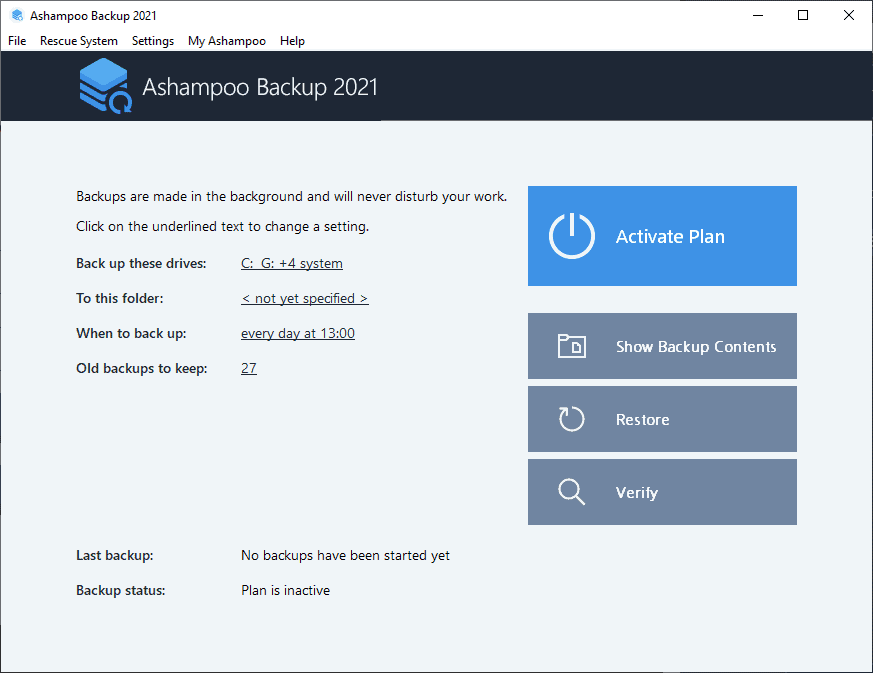










My backup strategy:
I use CrashPlan (http://crashplan.com) to do the following:
– Online backup to their servers
– Local backup to 2 USB drives nightly
– Local backup once a month to drive that is in my safe here at home
– Online/Offsite backup to my mom’s computer across town (utilizes CrashPlan’s family plan to backup to other computers)
Then a daily backup with SyncBack to a third local USB drive just in case.
I’d highly suggest ghacks does a review on CrashPlan, they offer data de-duplication, unlimited versioning, encrypted, data integrity checks constantly. It’s the best online/offsite/local backup solution I’ve found. No I’m not an employee. ;)
Last I checked CrashPlan was pricy and there were much cheaper solutions. I backup 1.3TB and use Livedrive. When I signed up they were cheaper then they are now, but still competitive for unlimited. The other one I would consider is Backblaze.
My backup approach – an external SATA dock, each week swap a 2TB drive with one I keep offsite. Use a non-stop backup to the drive.
http://www.colourandlight.co.nz/blog/?p=1224